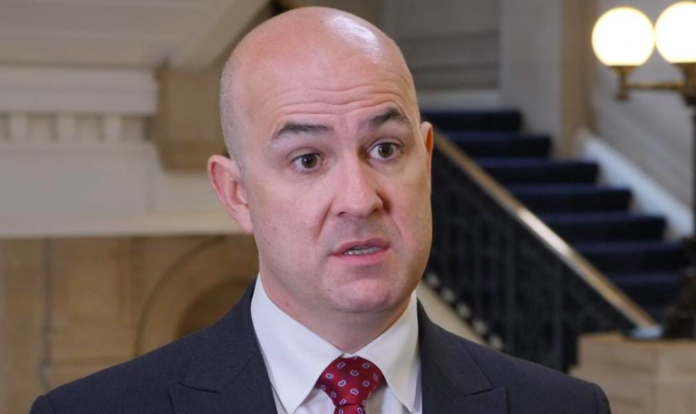The UK Gambling Commission (UKGC) has posted a personal response from CEO Andrew Rhodes regarding “misunderstandings around financial risk checks and what they really mean”.
In a blog and video posted on the Commission’s website, Rhodes seeks to answer important questions and clarify the most frequent misconceptions related to financial risk checks.
Having initiated the consultation phase of the gambling review’s white paper, Rhodes notes: “In the past six weeks, we have seen a significant amount of misinformation about proposed financial risk checks in direct responses to the consultation, both in the media and on social media.
To aid responses during the remaining weeks of the consultation, the Commission has published a series of questions and answers for UK stakeholders. The UKGC stands by its aim to strike the “right balance between allowing people the freedom to gamble and also conducting proportionate checks to identify and protect the most vulnerable customers from harm”.
On proposed measures, the Commission mentions that frictionless financial risk assessments will account for 3% of gambling customers. These will be primarily undertaken through credit reference agencies and “without affecting credit scores”.
Further measures will introduce light-touch financial vulnerability checks on approximately 20% of accounts, using publicly available data.
Should there be no credit history, or if the customer does not consent to data-sharing via open banking, only 0.3% of customers would need to provide evidence such as payslips or bank statements.
“The aim of these proposals is to provide a more frictionless system benefiting consumers, as they wouldn’t need to manually supply data, and the data provided would be minimised and safeguarded against misuse,” Rhodes’ blog noted.
“The proposals would also benefit operators by giving them a clear understanding of requirements and offering a frictionless system, which is not currently available.”
Currently, the consultation seeks guidance on two checks – “light-touch financial vulnerability checks using publicly available data and financial risk assessments.”
For light checks, the Commission aims to implement a standard approach to identify customers who might be particularly financially vulnerable. Meanwhile, Financial Risk Assessments would be activated at “unusually high loss levels where it seems proportionate to understand more about the potential risk of harm”.
Stakeholders are reminded that light checks are proposed to occur at a “£125 net loss (where accrued bonus funds and re-staked winnings are not included) within a rolling 30-day period or £500 within a rolling 365-day period.”
Financial Risk Assessments will be imposed on customers who experience “losses greater than £1,000 within a rolling 24 hours or £2,000 within 90 days (with accrued bonus funds and re-staked winnings not included).”
As outlined in the consultation, triggers for enhanced assessments should be lower for players aged 18 to 24.
The Commission emphasises that the majority of checks will be ‘light touch’ and unintrusive, activated at specific loss thresholds to pinpoint financial vulnerability. Significantly, financial risk checks aim to engage diverse stakeholders in the policy development of UK gambling.
Consumers are reassured that their personal data will not be shared with the financial sector and won’t impact credit scores. Moreover, operators will not have access to individual bank details.
In response to the question, “Do you consider these checks will drive people to the black market?”
Rhodes replied: “We will never accept the argument that because an illegal online option exists, this should imply that the regulated gambling sector should maintain lower, less fair, or less safe standards. Britain is, and must remain, a world leader in providing consumers with a fair and safe gambling market.”
Concluding its statement, both Rhodes and the UKGC emphasised the need for more public engagement to provide feedback on the Gambling Act Review’s White Paper under its current consultation phase.




























